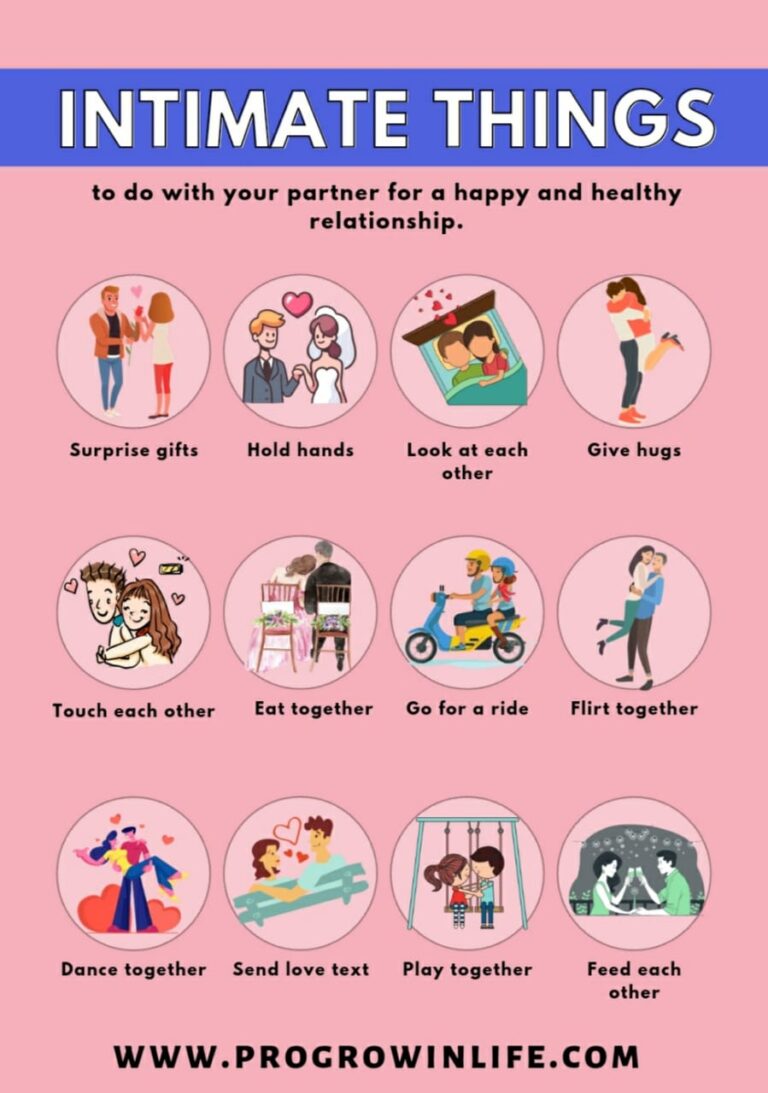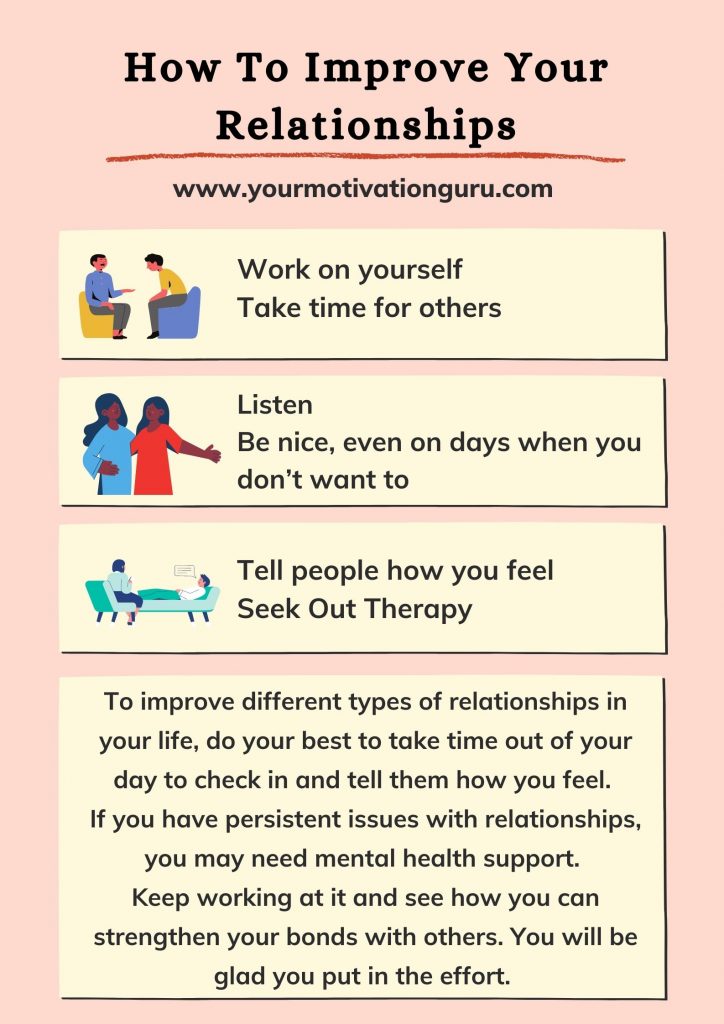Things To Do To Improve Your Relationship

Is your relationship feeling stagnant? Re-ignite the spark and build a stronger connection with actionable steps you can take *today*.
Relationship satisfaction isn't automatic; it requires consistent effort and understanding from both partners. Cultivating intimacy, improving communication, and prioritizing quality time are crucial for a thriving bond. Here's how.
Communication is Key
Effective communication is the bedrock of any healthy relationship. Actively listen to your partner without interruption, focusing on understanding their perspective.
Express your own feelings and needs clearly and respectfully. Use "I" statements to avoid blame and defensiveness, such as "I feel hurt when..." instead of "You always...".
Avoid criticism, contempt, defensiveness, and stonewalling—the "four horsemen" of relationship apocalypse, according to Dr. John Gottman, a renowned relationship researcher.
Quality Time Matters
Schedule dedicated quality time together, free from distractions like phones and work. Even 15-30 minutes of focused attention can make a significant difference.
Plan activities that you both enjoy, whether it's a romantic dinner, a hike, or simply cuddling on the couch. The point is to connect and create shared experiences.
According to a study published in the Journal of Family Psychology, couples who engage in novel and challenging activities together report higher levels of relationship satisfaction.
Intimacy Beyond the Bedroom
Intimacy encompasses more than just physical intimacy. Emotional intimacy is built through vulnerability, trust, and sharing your deepest thoughts and feelings.
Show affection regularly, through hugs, kisses, and words of affirmation. Small gestures of love can go a long way in strengthening your bond.
Practice empathy and understanding towards your partner's emotions. Acknowledge their feelings and offer support when they're struggling.
Addressing Conflict Constructively
Conflict is inevitable in any relationship. The key is to address it constructively, rather than letting it fester and damage your connection.
Choose a neutral time and place to discuss sensitive topics, avoiding distractions and interruptions. Focus on finding solutions rather than assigning blame.
If you're struggling to resolve conflicts on your own, consider seeking professional help from a therapist or counselor. According to the American Association for Marriage and Family Therapy, therapy can significantly improve communication and conflict resolution skills.
Individual Well-being is Crucial
Remember that your own well-being is essential for a healthy relationship. Prioritize self-care, pursuing your own interests and hobbies.
Maintain friendships and connections outside of the relationship. A strong support system can help you navigate challenges and maintain perspective.
A 2015 study in the Personality and Social Psychology Bulletin found that individuals who engage in self-expansion activities, such as learning new skills or pursuing personal goals, experience greater relationship satisfaction.
Next Steps
Start implementing these strategies today to foster a stronger, more fulfilling relationship. Open communication and consistent effort are paramount.
Consider revisiting these tips regularly and adapting them to your specific needs and circumstances. A happy and healthy relationship is an ongoing journey.
For more in-depth guidance, consult relationship resources from trusted organizations such as the Gottman Institute or Psychology Today.


















